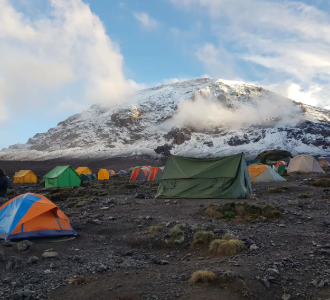Kilimanjaro Travel Guide
Your Complete Guide to Climb Kilimanjaro
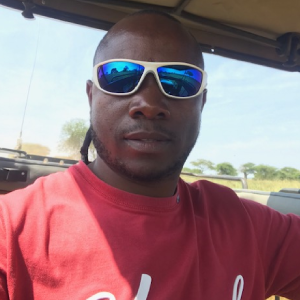
Welcome to Tanzania! We’re excited to share our home with you. Every single day on a Safari in Tanzania is a delightful experience here. Travelling in the country provides sights that will awe and inspire you.
Juma Rajabu Sumbi
Managing Director
Get advice, routes, and information here
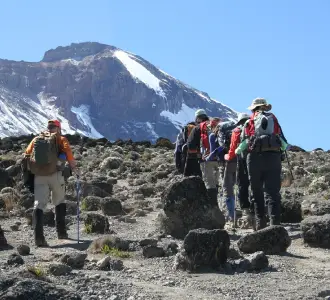
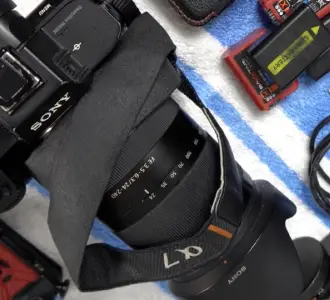
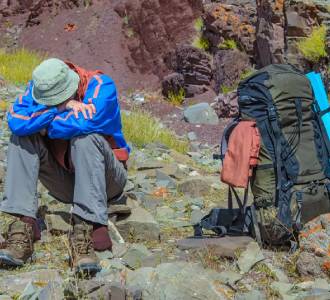
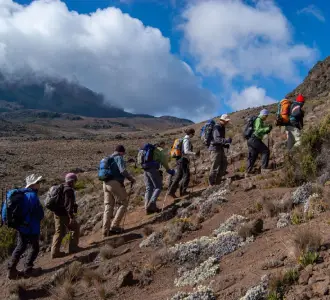
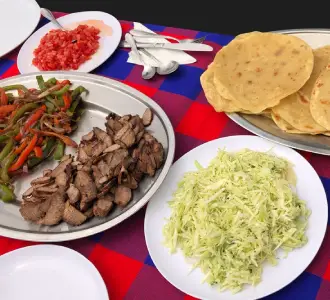
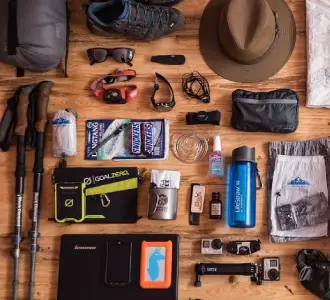
Why travel With Sumbi Extra Miles Safari?
LOCAL KNOWLEDGE
TAILORED TRIP PLANS
ECO CONSCIOUS APPROACH
FAQs to Help You Explore Tanzania Like A Pro
How much time do I need to climb Mount Kilimanjaro?
To Climb Mount Kilimanjaro, plan for at least eight days, especially if travelling from the USA or Europe. This allows time to adjust to the altitude and enjoy the experience. With extra days, you can explore nearby parks or even consider climbing Mount Meru. We have made custom Climbing Kilimanjaro Itineraries available to suit various schedules and interests.
What is the best time of year to climb Mount Kilimanjaro?
Mount Kilimanjaro can be climbed year-round. However, January, February, July, August, and September are popular months due to favourable weather. April, May, and November are wetter, while August and September tend to be the driest and coldest. Every season has its unique beauty and challenges, so choose your Best Time to Climb Kilimanjaro based on your preference and comfort with the conditions.
How far do I hike each day on Kilimanjaro?
Most days on Kilimanjaro Climbing Tours involve four to five hours of hiking, with breaks for lunch and rest. Summit day is more challenging, often taking up to 15 hours to reach the peak and descend. Guides encourage a slow pace to help climbers adjust to the altitude and enjoy the stunning scenery along the way.
Why do we start the final ascent in the dark?
The final ascent usually begins around midnight, as the pre-dawn hours are calm and clear, offering the best chance for spectacular summit views. Early morning starts also avoid the harsh midday sun and high winds, making the climb safer and more comfortable. Reaching the Kilimanjaro Summit at dawn is a rewarding experience with great scenery.
What gear and weight will I carry on Kilimanjaro?
Climbers carry a small daypack weighing about 2–4 kilograms with essentials like water, snacks, and personal items. A Kilimanjaro Porter will carry your main gear, not exceeding 12 kilograms, in a waterproof duffle bag. Unneeded items can be stored securely at the base before you begin your climb, so you only bring what’s necessary.
What kind of support staff accompanies me on the climb?
Each climber is supported by a team, including a licensed guide, a cook, and several porters. Generally, there are three to four staff members per climber to ensure safety and comfort. The guides are highly experienced locals who are knowledgeable about the mountain, making them invaluable resources throughout the journey.








